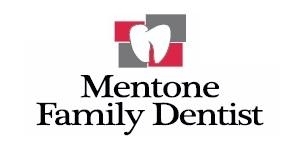
Teeth clenching, also known as bruxism, is a condition where individuals excessively grind or clench their teeth. Though it may occur sporadically without significant harm, habitual clenching can lead to various dental and health challenges. This blog looks at the underlying causes of teeth clenching, its implications, and how comprehensive dental care can mitigate these effects.
What Triggers Teeth Clenching?
Stress and Anxiety: Major contributors that can lead individuals to clench their teeth during the day or in their sleep.
Certain Medications: Particularly those treating depression and anxiety, can exacerbate bruxism.
Malocclusion: Misaligned teeth that do not fit together correctly can prompt clenching.
Sleep Disorders: Conditions like obstructive sleep apnea often correlate with an increased incidence of bruxism.
Potential Impacts of Chronic Clenching
Dental Damage: Persistent clenching can cause teeth to crack, wear down, and become more susceptible to cavities.
TMJ Disorders: Excessive strain from clenching can lead to issues with the temporomandibular joint, causing pain and dysfunction.
Muscle Strain: Overactivity of jaw muscles can result in fatigue and pain, extending to frequent headaches and migraines.
Strategies for Managing Teeth Clenching
Lifestyle Modifications: Stress reduction through mindfulness, meditation, or therapy can decrease the frequency of clenching.
Dental Approaches: Utilising occlusal splints to protect the teeth or corrective orthodontics to adjust misalignments.
Advanced Therapies: Techniques such as photobiomodulation using the Fotona laser to relax muscles and reduce inflammation.
Collaborative Care: Working with a multidisciplinary team to address the comprehensive needs of patients suffering from bruxism.
Chronic teeth clenching requires a strategic and multidisciplinary approach to prevent long-term damage and improve overall health. At our clinic, we assess the root causes of bruxism and employ a variety of treatments tailored to each patient’s specific needs. If you’re experiencing symptoms of bruxism, consider a consultation to explore targeted solutions that can offer relief and prevent further dental health issues.
Book a free consultation with Dr. Verma now to learn more.
